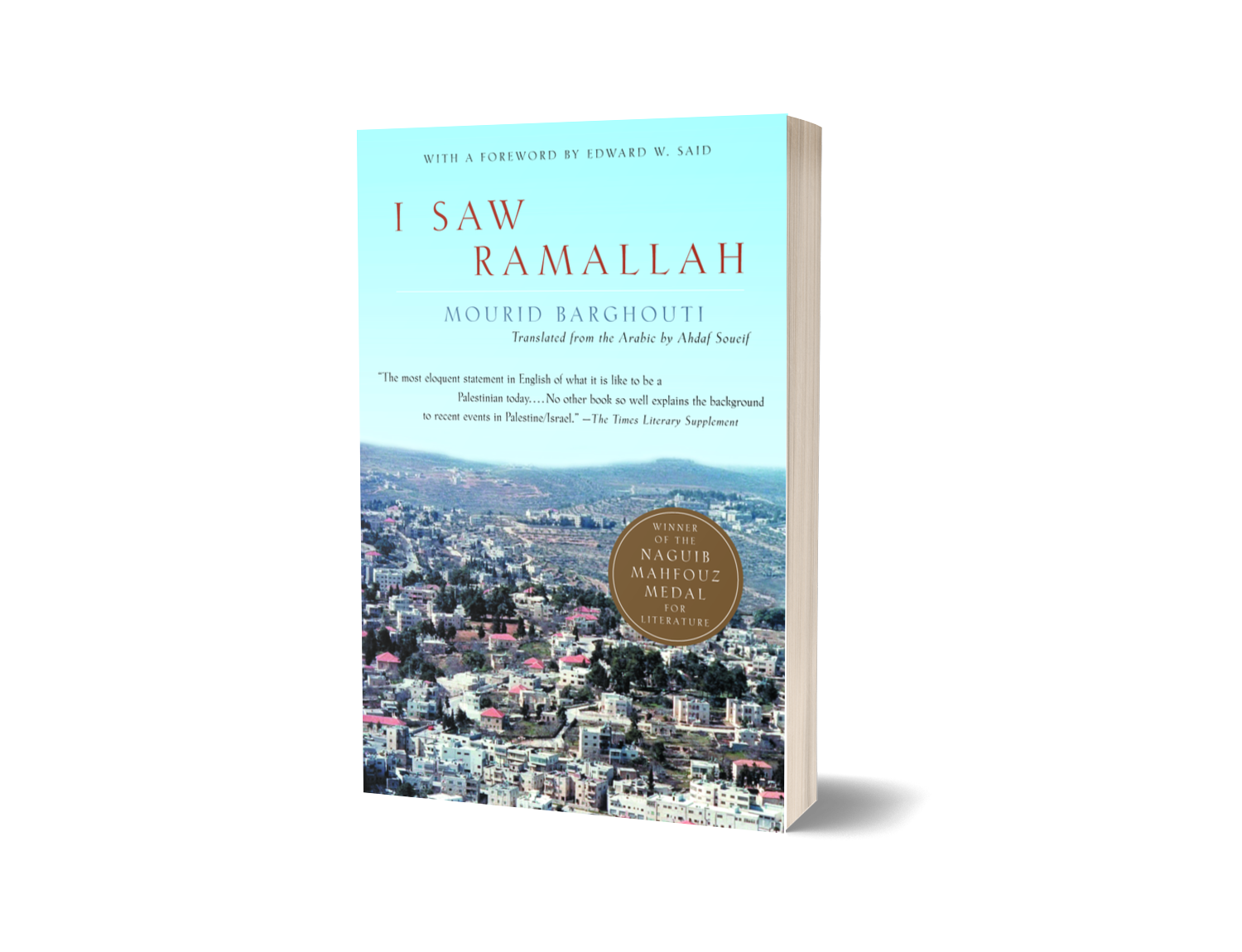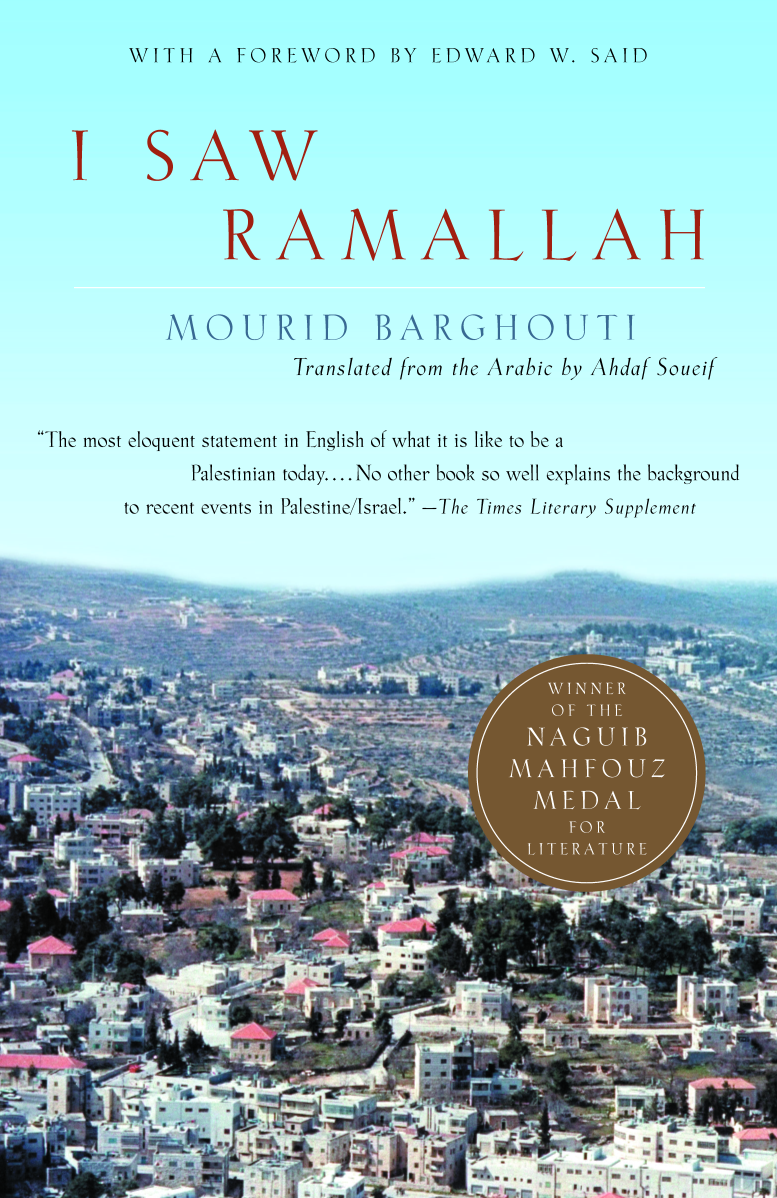ABOUT THE AUTHOR
Mourid Barghouti
Mourid Barghouti was born in the West Bank in 1944 and graduated from Cairo University in 1967. His poems have been published in Beirut, Amman, and Cairo, and his collected works were published in Beirut in 1997. He lives in Cairo.
Edward W. Said was born in 1935 in Jerusalem, raised in Jerusalem and Cairo, and educated in the United States, where he attended Princeton (B.A. 1957) and Harvard (M.A. 1960; Ph.D. 1964). In 1963, he began teaching at Columbia University, where he was University Professor of English and Comparative Literature. He died in 2003 in New York City.
He is the author of twenty-two books which have been translated into 35 languages, including Orientalism (1978); The Question of Palestine (1979); Covering Islam (1980); The World, the Text, and the Critic (1983); Culture and Imperialism (1993); Peace and Its Discontents: Essays on Palestine and the Middle East Peace Process (1996); and Out of Place: A Memoir (1999). Besides his academic work, he wrote a twice-monthly column for Al-Hayat and Al-Ahram; was a regular contributor to newspapers in Europe, Asia, and the Middle East; and was the music critic for The Nation.
Ahdaf Soueif is the author of two novels, In the Eye of the Sun and The Map of Love, which was short-listed for the Booker Prize in 1999; a story collection, I Think of You; and an essay collection, Mezzaterra: Notes from the Common Ground. She lives in Cairo, where she was born.












